Farm Fire Fighting Units: Why They're Important
Living on land where fire could happen at any time, especially during the warmer months, having a fire fighting unit on your farm or property could spell the difference between tragedy and safety.
Now you might have already purchased a fire fighting equipment years ago. But the truth is it’s not enough to just have ownership of one. You have to study the equipment thoroughly – how each part contributes to the whole – as even one component becoming defective could compromise the entire unit and could lead to a disastrous end.
Parts to Look Out For When Maintaining Your Fire Fighting Unit
So what parts or aspects of your fire fighting equipment do you need to check and make sure are in good condition? See this checklist below.
-
Fire fighting pump
-
Fuels and engine oils
-
Hose reels
-
Nozzles
-
Air cleaners
-
Frame
-
Fuel tank
-
Fire Fighting Tank
-
Water Supply
Fire Fighting Pump
“Pump”, besides the fact that it’s an object, is also a verb. Thus, your pump must have the ability to take “action” when you need it most!
Suction Pipe
Check the suction point for any leaves, sticks, or any debris that could prevent you from getting the flow of water you need. For best priming and operation, ensure that pipe connections are airtight.
Water Flow
A water flow test is a must. You might want a specialist to do this test with you every year. During the test, the water flow measurements, different suction and discharge readings will be recorded. This helps you determine your pump’s performance over the years.
Common Causes of Pump Damage-1.png?width=393&name=Untitled%20design%20(11)-1.png)
Pumping water that contains abrasive materials such as dirt or sand could damage the pump and affect its durability. If you have ever employed your pump to do this kind of work, wash it out thoroughly with clean water after every use to extend its life.
A word of caution:
Pumping chemicals (e.g. hydrocarbon-based liquids, salt or other corrosive fluids) could cause damage to pump components.
Washing your pump with clean water after each use may help, but damages incurred as a result of misuse may not be covered by your warranty. Also check the pump casing for overheating and damage caused by excess vibration. More on engine cooling below under “Engine Maintenance”!
Fuels and Engine Oils
-1.png?width=496&name=Untitled%20design%20(16)-1.png)
Petrol
Many people fail to realise that fuels and oils have a limited life. As such, you need to change petrol approximately every two months and use a fuel stabiliser for extended durability.
Diesel
You need to change diesel approximately every 6 months. Ensure that your diesel fuel is stored at lower temperatures. During storage, it must remain free of air, water, and any alloys.
Fuel filtration is vital in the performance of your engine. The filter is designed to separate any particles or abrasive materials and water from the fuel. Hence, correct fuel filtration is a must as dirt can compromise the durability of your engine and may cause irreversible, costly damage.
Engine Oil
Make sure to use only quality engine oil. Besides that, always observe engine manufacturer’s guide for engine oil recommendations.
Engine Maintenance
Engine Cooling
The higher the amount of radiant heat the engine is exposed to, the poorer its performance will be. To remedy this, keep in mind the following methods:
- Move the engine away from heat and use a flameproof enclosure. Incorporating insulating characteristics onto the enclosure such as fibre cement sheeting provides the engine with a good amount of resistance from heat and fire.
- The enclosure itself must have sufficient flow of fresh air. For maximum engine cooling inside the enclosure, check that the exhaust is routed out of it.
- Another way is to add a mist spray around the pump enclosure to facilitate cooling and to protect the entire area from embers.
Recoil Starters
Check if your engine starts with minimal pulls of the starter rope. Regularly check them for signs of wear and tear and if in doubt, replace them!
If you have a fire breathing down your neck, the last thing you want to be doing is yanking on the starter rope praying that it's going to kick into life!
Fuel Lines
Is there any water in the carburettor bowl? There shouldn’t be any in there. Also check to see that your fuel lines aren’t deteriorated.
Service Schedules
Oil changes are critical for your engine. It’s best not to take that aspect of maintaining your engine for granted.
Hose Reels
Fire hose reels aren’t resistant to the elements or the passage of time. Over the years, especially with poor maintenance, they could lose their durability – something we hope you’d notice and take actions to remedy before fire happens in your area.
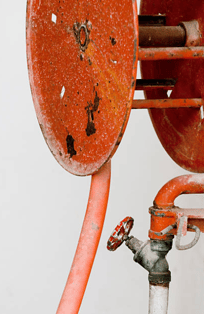
Is your fire hose reel this damaged?
Take a closer look at your hose and examine it with a keen eye. Does it have small cracks? How about abrasions? Or burns? Is it free of debris on the inside? Where was it stored?
Has it been exposed to intense heat like under the harsh heat of the sun or on hot pavements? Note that a rubber hose is especially vulnerable to harsh conditions. It’s best to take note of all the little details and err on the side of caution.
Nozzles
Just because nozzles are smaller parts doesn’t mean that they don’t serve a vital function. Without them, water can’t be delivered to put out fire.
There are several ways that your nozzles can get compromised. They could crack and break or become loose or get gunk in them where it’s hard to see until closer inspection. These blockages must be removed.
Worse, your nozzle can freeze itself in position or it may be the wrong size.
Also note that the rate of decline for hoses with plastic nozzles is faster compared to brass nozzles.
Air Cleaners
Your engine must have adequate access to clean air. The air cleaner or filter needs to be checked and replaced as per the engine manufacturer recommendations. Beware of doing this against manufacturer’s recommendations because air cleaners are designed specifically for each engine.
Any obstructions must be removed to ensure topmost performance.
Frame
Is there any rust on the frame of your firefighting unit? The last thing that you want to find when there is an emergency is that a handle has broken off or some rusty part injures someone. The frame also holds each part in place. If it’s not in good condition, parts may fall off.
Fuel Tank
You fuel tank is another integral part of the whole firefighting system. For diesel engines, check the level of the fuel. The tank needs to be refilled when it’s below three-quarters full. Remember, preparation is key here.
Petrol engines require unleaded petrol in the fuel tank. Also check for foreign materials in your fuel tank. Carefully check the components attached to it to see if there is anything that would create an obstruction. Check the tank vents and overflow piping for any obstructions as well.
Fire Fighting Tank
Your fire fighting tank must be tough enough to fight fire.
In this case, a lightweight poly cartage tank provides the portability needed to react quickly to mitigate the spread of fire. Regularly check your fire fighting tank for signs of cracks or leaking. Also ensure that the tank is baffled to maintain stability in action.
Water Tank: Perfect Complement For Your Fire Fighting Equipment
Now a water tank isn't a physical component of a firefighting unit, but it does play a huge role when fighting fire. The Department of Fire and Emergency Services recommends having at least 20,000 litres of independent water supply in preparation for the event of fire.
A well-maintained firefighting equipment would do no good without adequate water supply – such as water stored in a storage tank.
If you already have a water tank on your property to safeguard you against bushfire, then all the much better.
Note that the tank itself must be in good condition. Regularly inspect for signs of cracks and leaks that could become problematic in the future.
Also check if the water inside is contaminated with algae as this could block critical parts of your firefighting unit such as the pump or nozzle, which could compromise water flow needed to fight fire.
Related article:
How to Keep Algae Out of Your Water Tank
Further Points to Remember When Maintaining Your Firefighting Unit
.png?width=496&name=Untitled%20design%20(14).png)
-
We advise that all able members of your household understand the function of the major parts, know how to start the firefighting unit, and how to connect any hoses if required.
-
You also need to know where the equipment is stored, preferably somewhere easily accessible.
-
Apart from ensuring that each component of your machine is in good condition, you need to set aside time to document and rehearse a fire emergency plan. Make careful notes of any issues and remedy them.
-
And remember, a general maintenance regime that involves regular inspection is needed to ensure that your firefighting unit is in good and stable condition, ready to serve you whenever you need it.
Now that you have gone through the list, do you feel that you know your fire fighting equipment a little better?



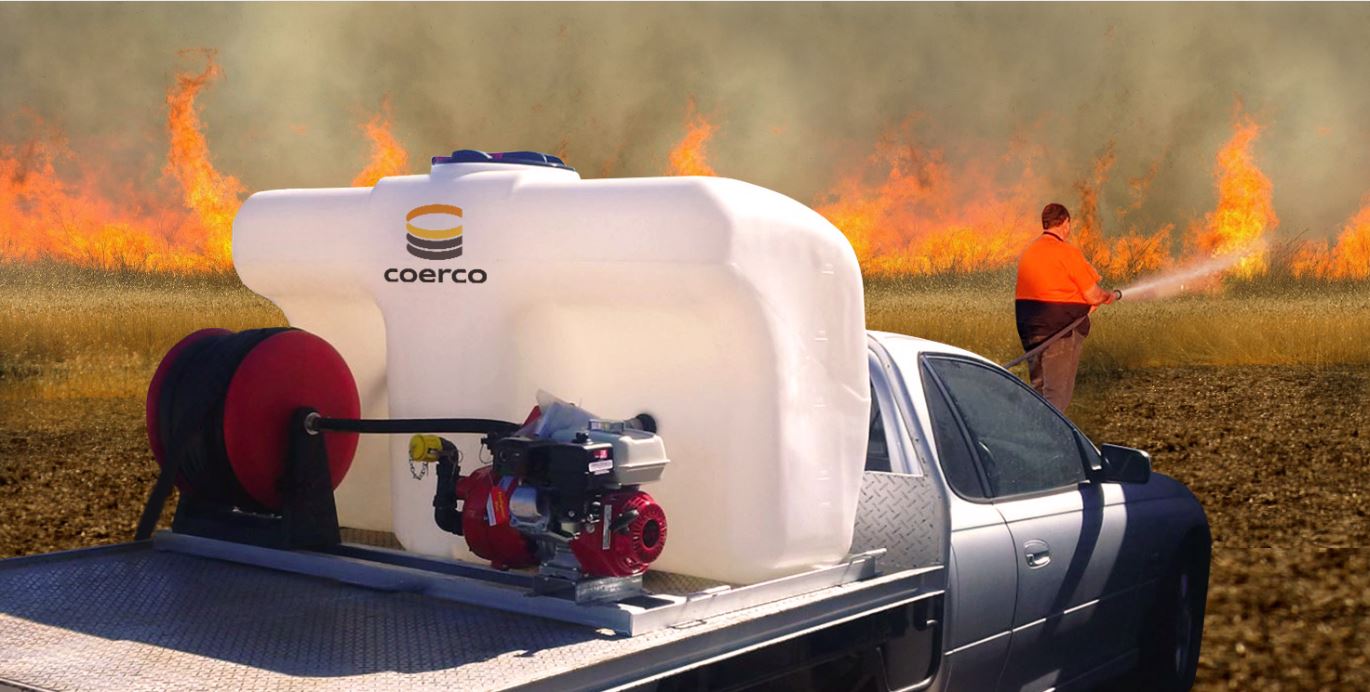
-2.png?width=496&name=Untitled%20design%20(15)-2.png)


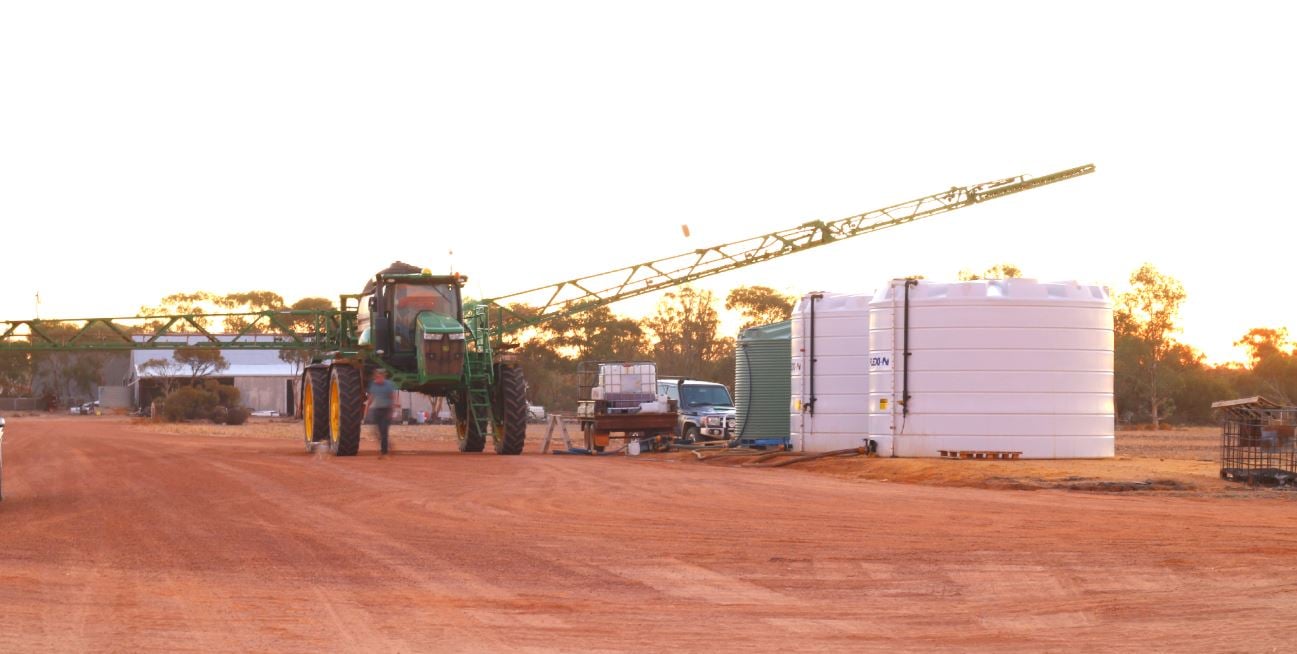
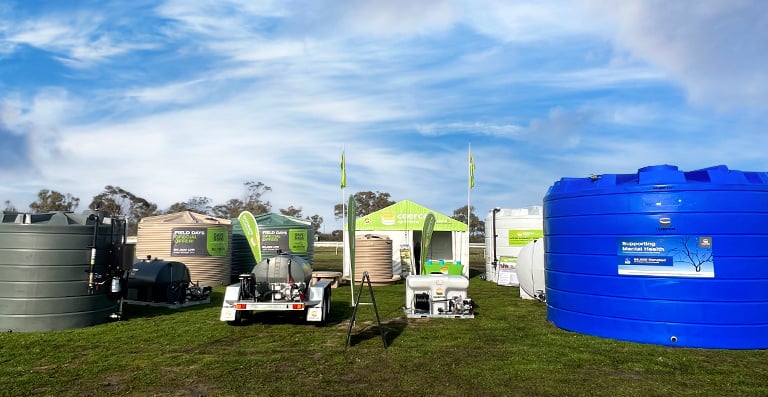
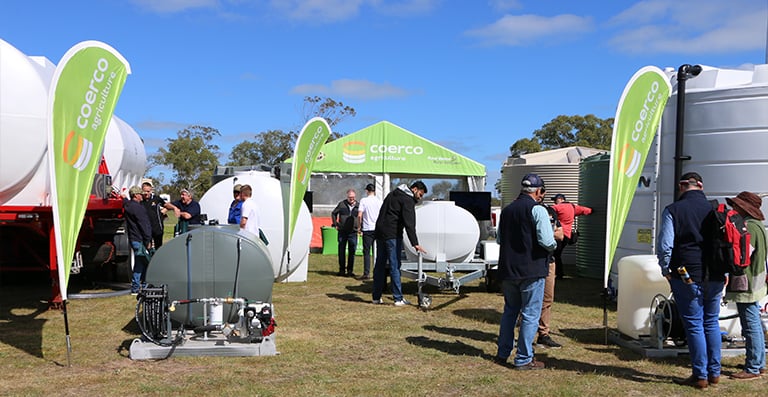
What do you think about this post?
Comments